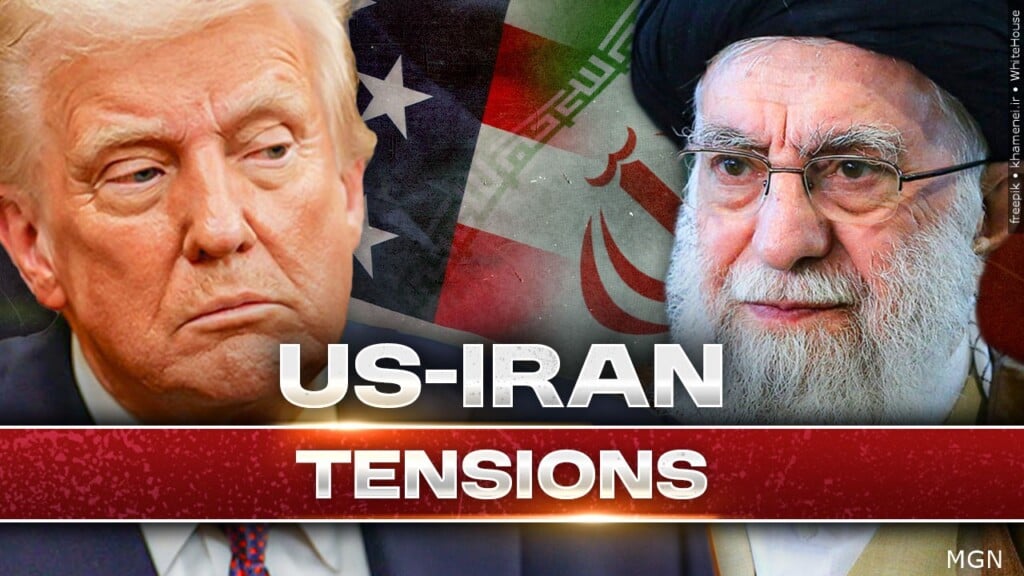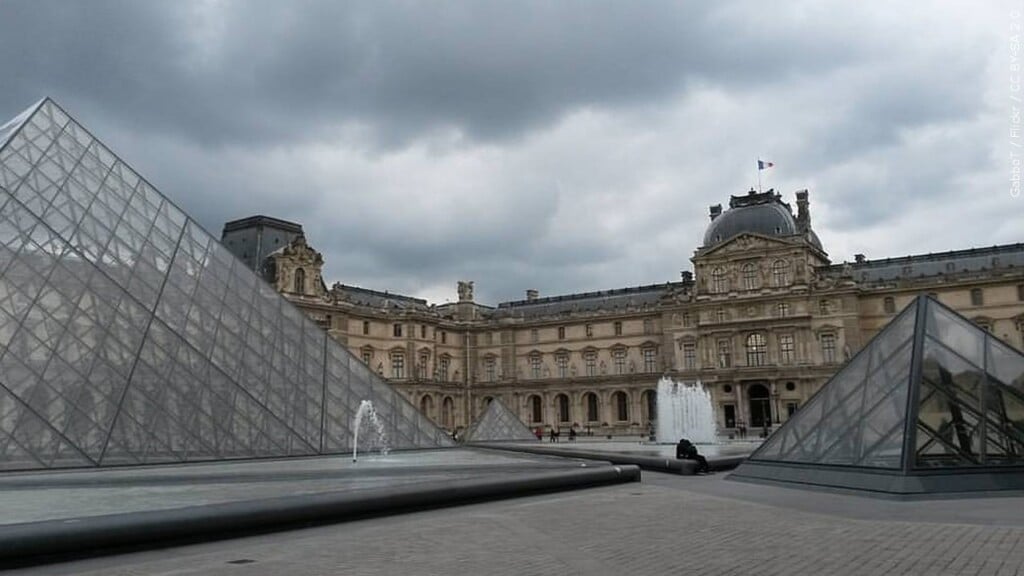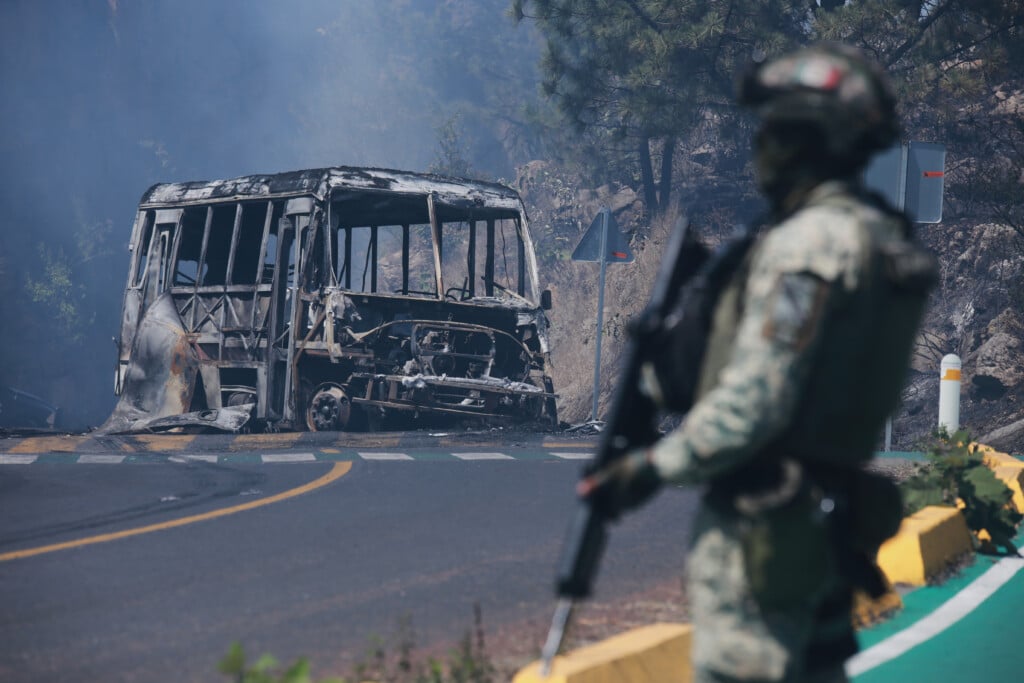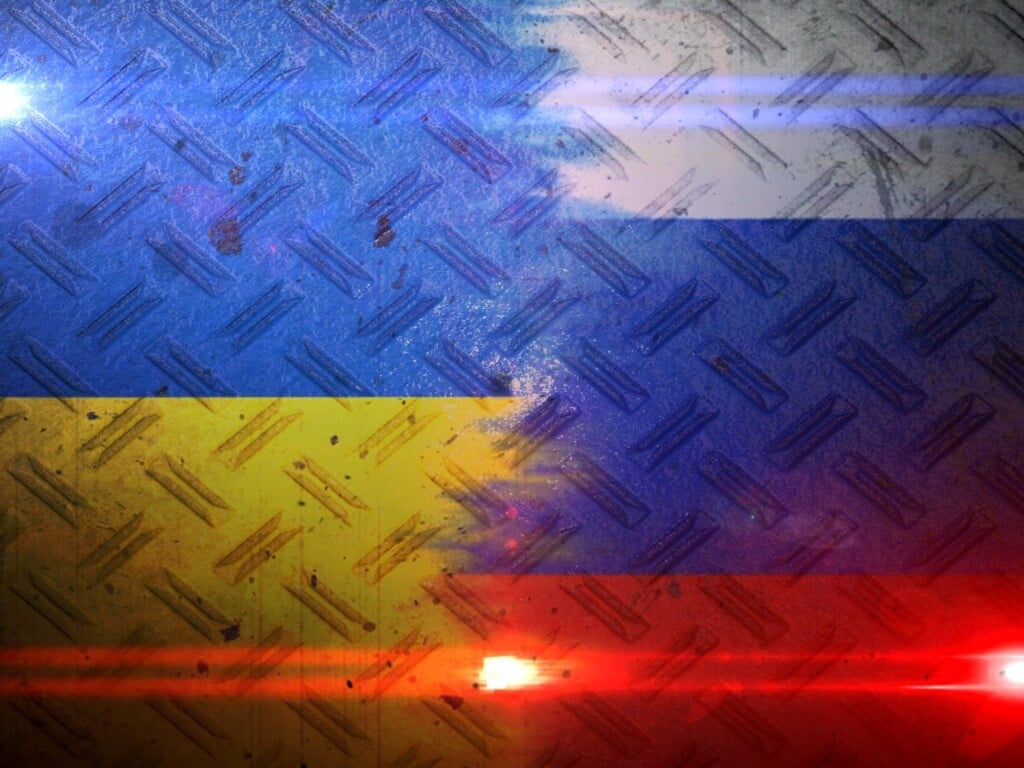Venezuelan opposition leader María Corina Machado wins the Nobel Peace Prize
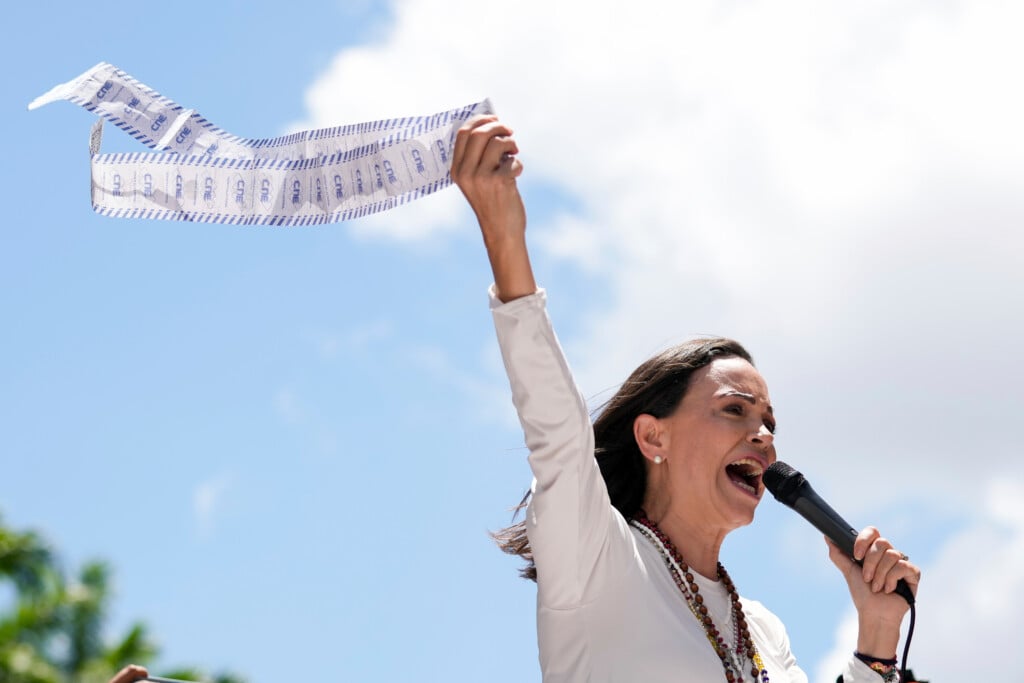
OSLO, Norway (AP) — Venezuelan opposition leader María Corina Machado won the Nobel Peace Prize on Friday, winning recognition as a woman “who keeps the flame of democracy burning amid a growing darkness.”
The former opposition presidential candidate was lauded for being a “key, unifying figure” in the once deeply divided opposition to President Nicolás Maduro’s government, said Jørgen Watne Frydnes, chair of the Norwegian Nobel committee.
“In the past year, Ms. Machado has been forced to live in hiding,” Watne Frydnes said. Despite serious threats against her life, she has remained in the country, a choice that has inspired millions. When authoritarians seize power, it is crucial to recognize courageous defenders of freedom who rise and resist.”
He told the AP that the committee was able to reach Machado just before the announcement and “it came as a surprise.”
Exiled opposition candidate celebrates
Machado’s ally, Edmundo González, who lives in exile in Spain, posted a short video of himself speaking by phone with Machado.
“I am in shock,” she said, adding, “I cannot believe it.”
González celebrated Machado’s Nobel win in a post on X, calling it a “very well-deserved recognition for the long fight of a woman and of a whole people for our freedom and democracy.”
Maduro’s government has routinely targeted its real or perceived opponents.
Machado, who turned 58 this week, was set to run against Maduro, but the government disqualified her. González, who had never run for office before, took her place. The lead-up to the election saw widespread repression, including disqualifications, arrests and human rights violations.
Crackdown on dissent
The crackdown on dissent only increased after the country’s National Electoral Council, which is stacked with Maduro loyalists, declared him the winner despite credible evidence to the contrary.
The election results announced by the Electoral Council sparked protests across the country to which the government responded with force that ended with more than 20 people dead. They also prompted an end to diplomatic relations between Venezuela and various foreign countries, including Argentina.
Machado went into hiding and has not been seen in public since January. A Venezuelan court issued an arrest warrant for González over the publication of election results. He went into exile in Spain and was granted asylum.
Last year, Machado and González were awarded the European Union’s top human rights honor, the Sakharov Prize.
Machado becomes the 20th woman to win the Nobel Peace Prize, of the 112 individuals who have been honored.
Speculation about Trump’s Nobel chances
There had been persistent speculation ahead of the announcement about the possibility of the prize going to U.S. President Donald Trump, fueled in part by the president himself and amplified by this week’s approval of his plan for a ceasefire in the Gaza Strip.
Asked about lobbying for and by Trump, Watne Frydnes said: “I think this committee has seen any type of campaign, media attention. We receive thousands and thousands of letters every year of people wanting to say what for them leads to peace.
“This committee sits in a room filled with the portraits of all laureates, and that room is filled with both courage and integrity. So we base only our decision on the work and the will of Alfred Nobel.”
Last year’s award went to Nihon Hidankyo, a grassroots movement of Japanese atomic bombing survivors who have worked for decades to maintain a taboo around the use of nuclear weapons.
The peace prize is the only one of the annual Nobel prizes to be awarded in Oslo, Norway.
Four of the other prizes have already been awarded in the Swedish capital, Stockholm this week — in medicine on Monday, physics on Tuesday, chemistry on Wednesday and literature on Thursday. The winner of the prize in economics will be announced on Monday.

